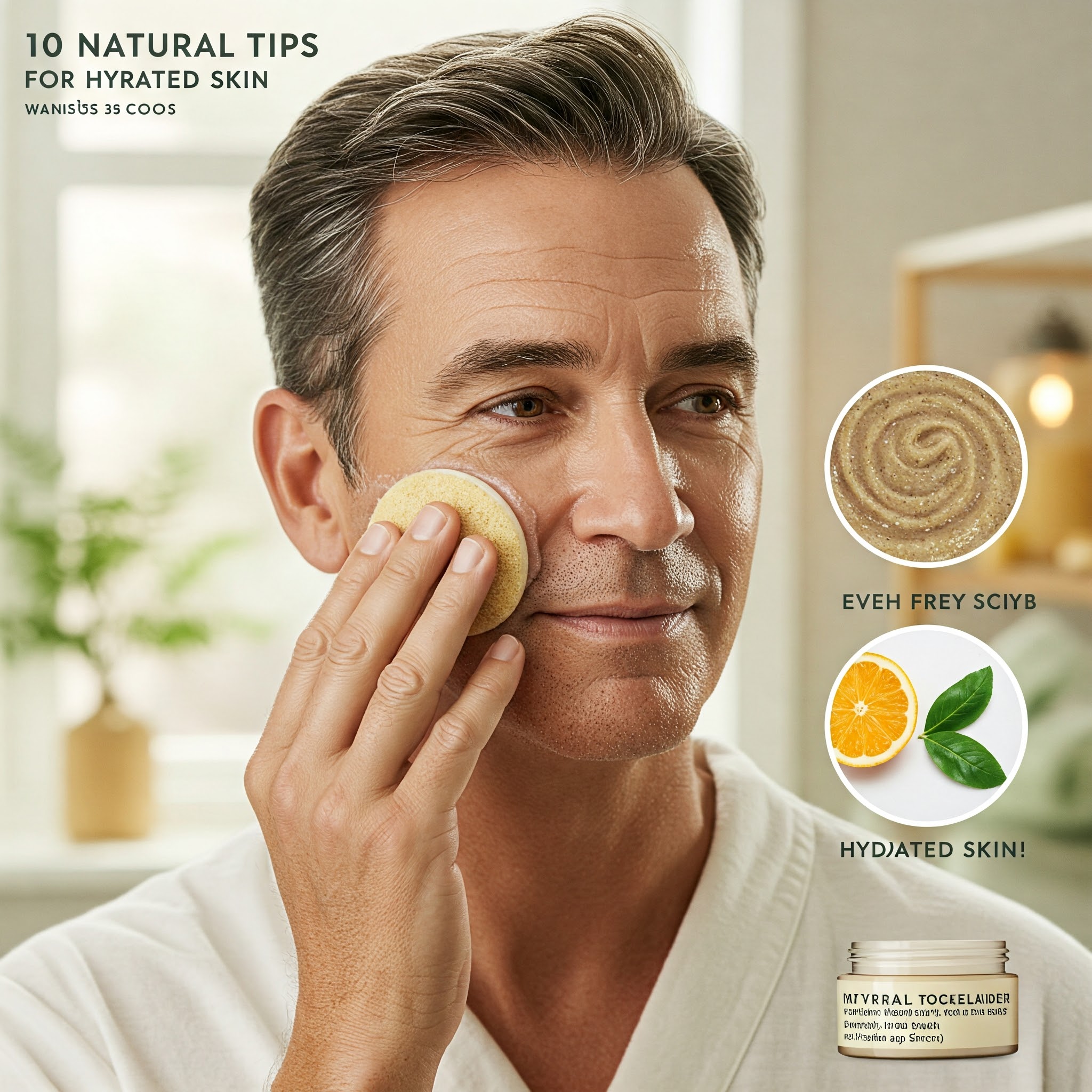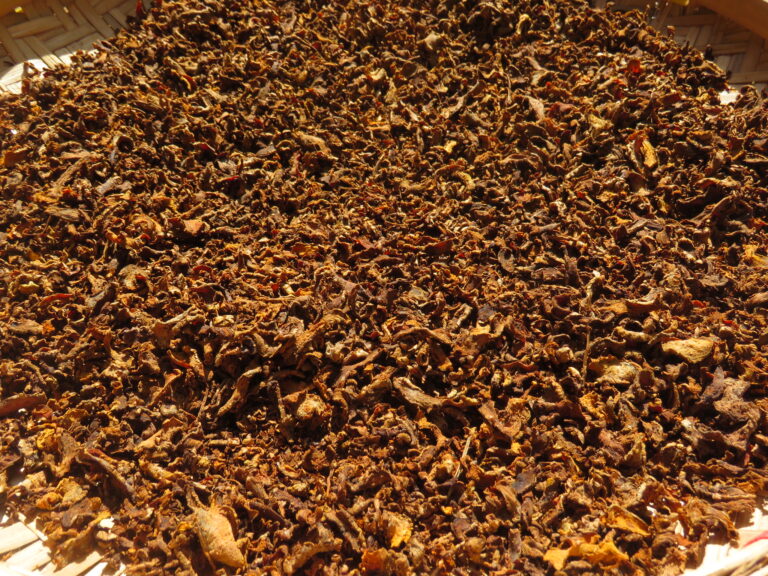Maintaining hydrated and healthy skin is essential for overall well-being and appearance. This document outlines ten natural tips that can help keep your skin moisturized, utilizing simple and effective methods. From dietary choices to topical applications, these tips provide a holistic approach to skincare that emphasizes the use of natural ingredients and practices.
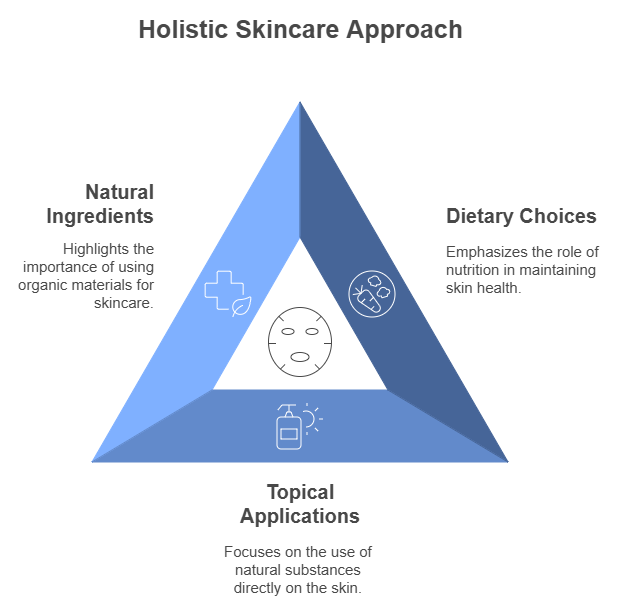
1. Drink Plenty of Water
Drink Plenty of Water: Staying hydrated from the inside is crucial for maintaining skin moisture. Drinking plenty of water is essential for maintaining skin moisture. Hydration supports the skin’s elasticity and helps prevent dryness, flakiness, and dullness. When you’re well hydrated, your skin looks plumper and healthier. Aim for at least eight glasses a day, but adjust based on your activity level and climate. Additionally, incorporating water-rich foods like fruits and vegetables can further boost your hydration.
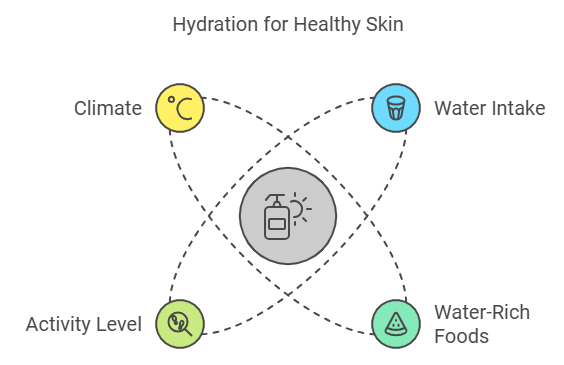
2. Use Natural Oils
Use Natural Oils: Coconut oil, almond oil, and jojoba oil can be excellent for locking in moisture. Coconut Oil: It has antimicrobial properties and is easily absorbed, making it ideal for dry skin. Almond Oil: Rich in vitamins A and E, it nourishes and softens the skin while improving elasticity. Jojoba Oil: Closely resembles the skin’s natural sebum, helping to balance oil production and keep skin hydrated. Apply these oils after cleansing or mix them with your moisturizer for added hydration.
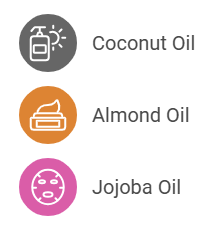
3. Aloe Vera
This plant has soothing properties and can hydrate the skin effectively. Aloe vera is renowned for its soothing and hydrating properties. Its gel contains vitamins, minerals, and antioxidants that nourish the skin. It helps lock in moisture, making it ideal for dry or irritated skin. You can apply fresh aloe vera gel directly from the plant or use products containing aloe for added hydration. It’s also great for soothing sunburns and reducing inflammation.
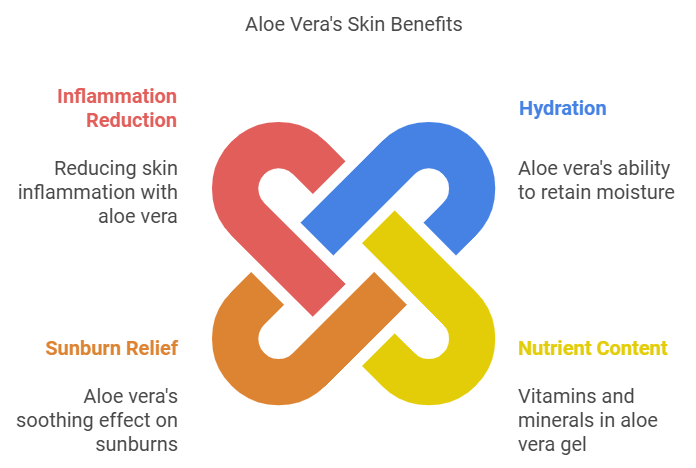
4. Honey
A natural humectant, honey draws moisture to the skin and helps keep it hydrated. Honey is indeed a natural humectant, which means it attracts moisture to the skin, helping to keep it hydrated. Its antibacterial properties also make it beneficial for soothing and healing skin, while its antioxidants can support skin health and protect against damage.
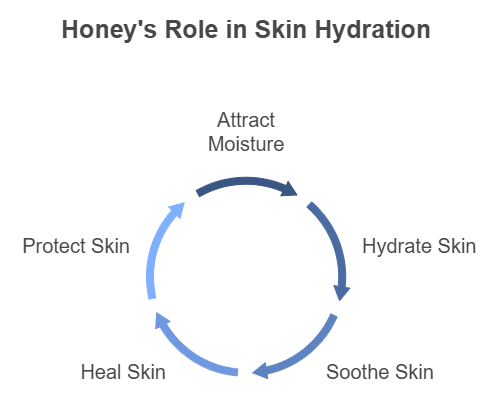
5. Avocado
Rich in healthy fats and vitamins, mashed avocado can be applied as a moisturizing mask. Avocado is packed with healthy fats and vitamins E and C, making it an excellent moisturizing mask. Its nourishing properties help to hydrate and rejuvenate the skin, promoting a soft and supple complexion.
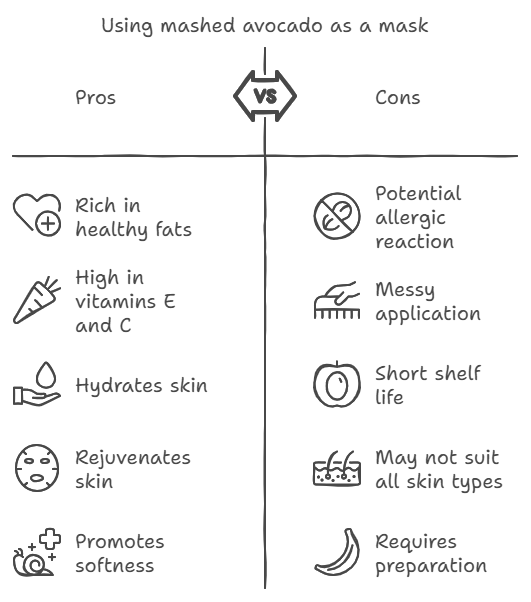
6. Oatmeal Baths
Colloidal oatmeal can soothe and moisturize dry skin during baths. Oatmeal baths with colloidal oatmeal are effective for soothing and moisturizing dry skin. They help relieve irritation and inflammation, making them ideal for conditions like eczema and psoriasis, while leaving the skin feeling soft and hydrated.
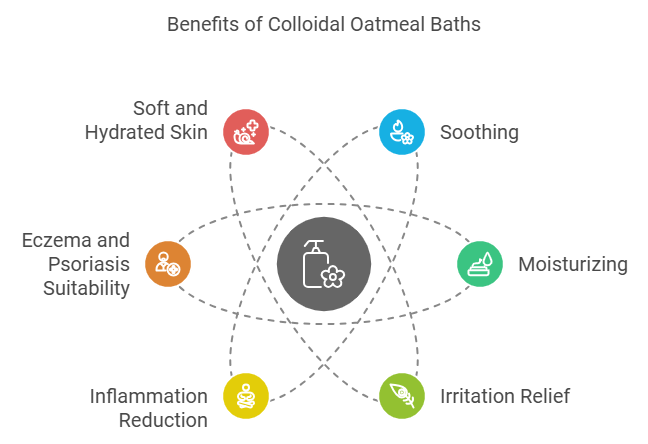
7. Shea Butter
This natural fat is great for deep hydration and can help protect the skin barrier. Shea butter is known for its rich, creamy texture that provides intense moisture, making it an excellent choice for dry skin.
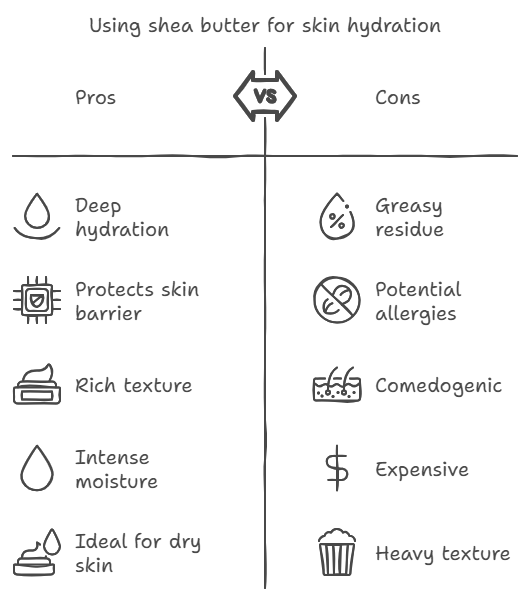
8. Avoid Hot Water
Avoid Hot Water: Use lukewarm water when bathing to prevent stripping your skin of natural oils. That’s a great tip! Using lukewarm water helps maintain your skin’s moisture barrier, keeping it hydrated and healthy. It’s also gentler on sensitive skin.
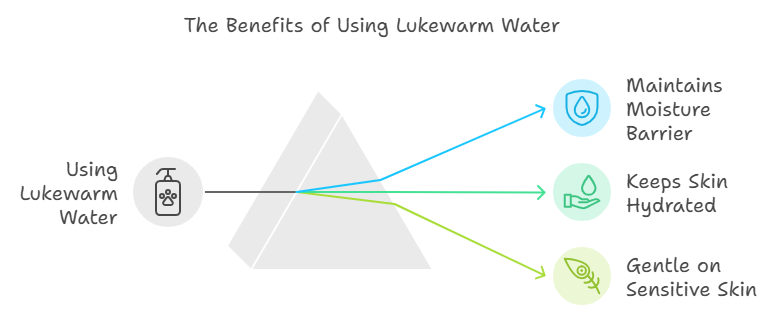
9. Humidifier
Adding moisture to the air, especially in dry environments, can help prevent skin from drying out. Using a humidifier in dry environments is an effective way to add moisture to the air, which can help prevent your skin from drying out. This is especially useful during the winter months or in regions with low humidity. By maintaining an optimal indoor humidity level (usually between 30% and 50%), you can keep your skin hydrated, reduce irritation, and even improve respiratory health.
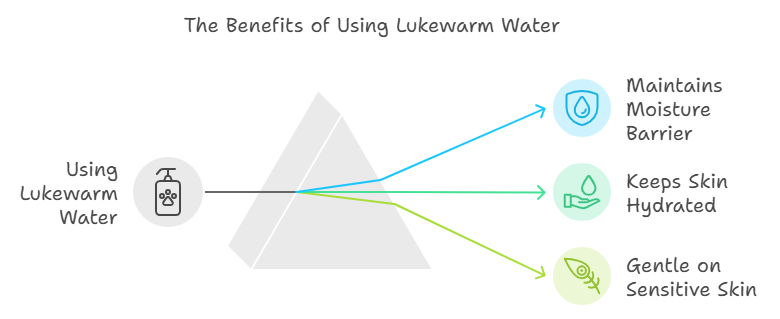
10. Exfoliate Gently
Regular gentle exfoliation can remove dead skin cells, allowing moisturizers to penetrate better. Gentle exfoliation is key to maintaining healthy skin. By removing dead skin cells, exfoliation helps prevent clogged pores and allows moisturizers and other skincare products to absorb more effectively. It’s important to choose a gentle exfoliant that suits your skin type and avoid over-exfoliating, which can damage the skin’s natural barrier and lead to irritation.
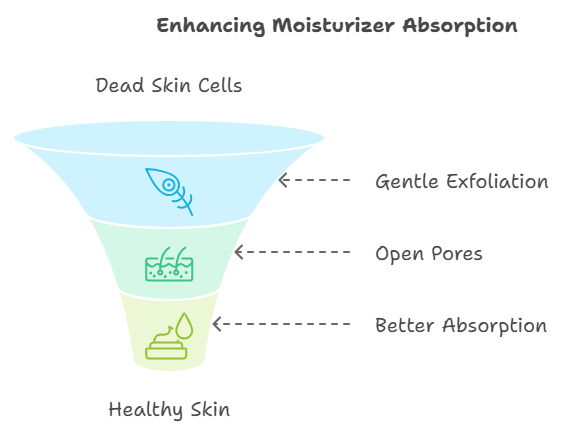
Incorporating these tips into your routine can help maintain healthy, hydrated skin, enhancing your natural beauty and overall skin health.

